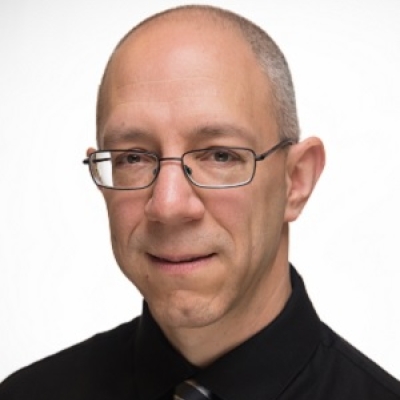Dr. Neil deGrasse Tyson is one of the most awesome dudes on the planet right now, using his skills as a communicator to take science into primetime television. Tyson hopes to bring the general public from their small place on Earth into the wonder of the Cosmos again.
I was reminded of one aspect of Tyson’s personal journey last week; specifically, this excerpt from a profile of him which appeared in The New Yorker back in February:
Not long ago, Tyson’s elementary school, P.S. 81, invited him to give a commencement address; he declined. He recalls telling the administrators, “I am where I am not because of what happened in school but in spite of it, and that is probably not what you want me to say. Call me back, and I will address your teachers and give them a piece of my mind.”
Evidently, Tyson was discouraged from pursuing an interest in science, because he was an “undistinguished” grade-school student, among other impediments he describes. More than once, he was on the receiving end of active dissuasion from pursuing his passion for science. Such discouragement might stymie most students. Luckily, he was an extraordinary individual determined to succeed. Tyson would overcome the odds stacked against him, attending Harvard as an undergraduate and the University of Texas for postgraduate work in astrophysics. As he tells it, the efforts to divert him from his lofty goals continued all the way through his time in higher education.
A recent interview with the outgoing chair of the Academic Distress Commission in Youngstown brought Tyson’s story to mind. According to that Youngstown Vindicator article, Adrienne O’Neill believes that city-school students are capable of making academic strides but that not enough people believe as she does. “You have some very good teachers, some very good administrators — and there’s the possibility of turning students into some very high performers,” she said, but then lamented, “I don’t think enough people really believe Youngstown City Schools can perform at a high level.”
What a sad assessment of the beliefs of the educators and citizens of Youngstown, if Ms. O’Neill’s assessment is true on any level. Such fatalism represents a great disservice being done to youngsters in an Ohio city hit hard by tough times. Young people deserve the best possible education to combat years of neglect in their community.
Tyson’s reaction to his elementary school’s invitation shows that even at his level of success, he still bears some scars from the roadblocks put in his way by those who should have supported him the most. As author Rebecca Mead puts it in her New Yorker piece: “When speaking to other educators, [Dr. Tyson] stresses the importance of reaching not just the A students, who are already likely to succeed, but the B students, who might succeed if they were more deeply engaged by their teachers.”
Those who don’t believe that their at-risk students can rise to high expectations cannot do what is needed for those students to succeed. Some children will buck the odds and succeed, but they will be few and far between and will do so in spite of what happened at their schools, not because of them.

